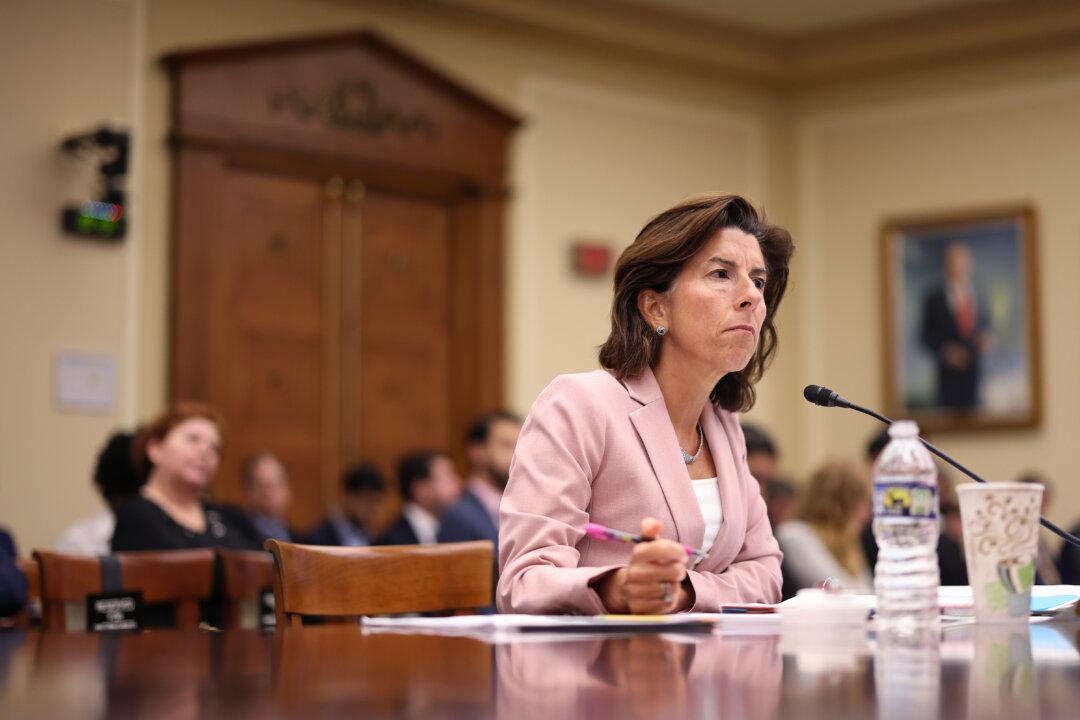Reports of Huawei’s chip breakthrough are “incredibly disturbing,” says Commerce Secretary Gina Raimondo.
Huawei Technologies Co., a Chinese multinational tech giant, stunned global markets in September when it unveiled a significant 7-nanometer semiconductor breakthrough that ostensibly defied U.S. sanctions. The smartphone chip, named the Kirin 9000S, integrates the process and components for 5G connectivity. This has Huawei’s new Mate 60 smartphones to record download speeds linked to 5G.





